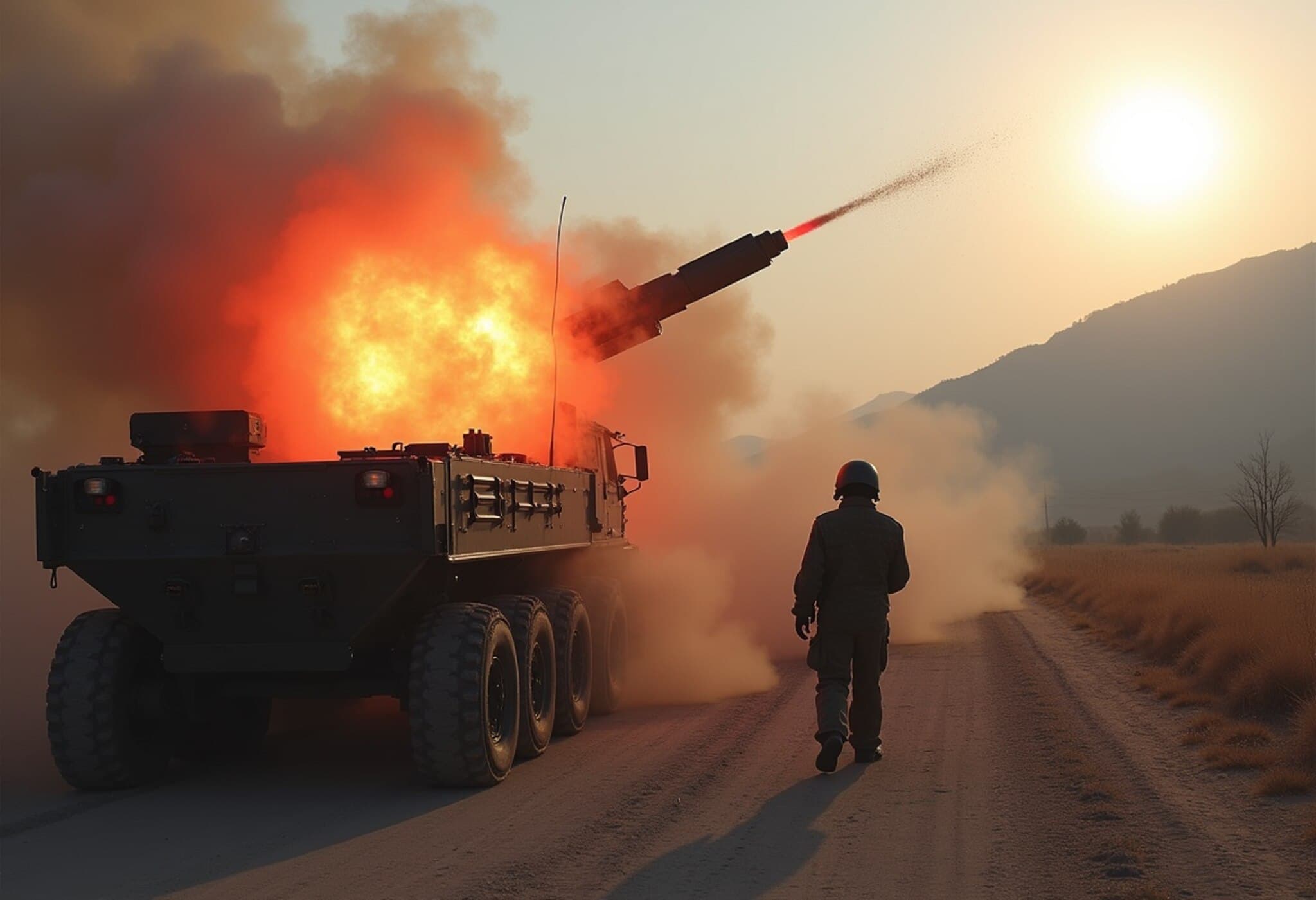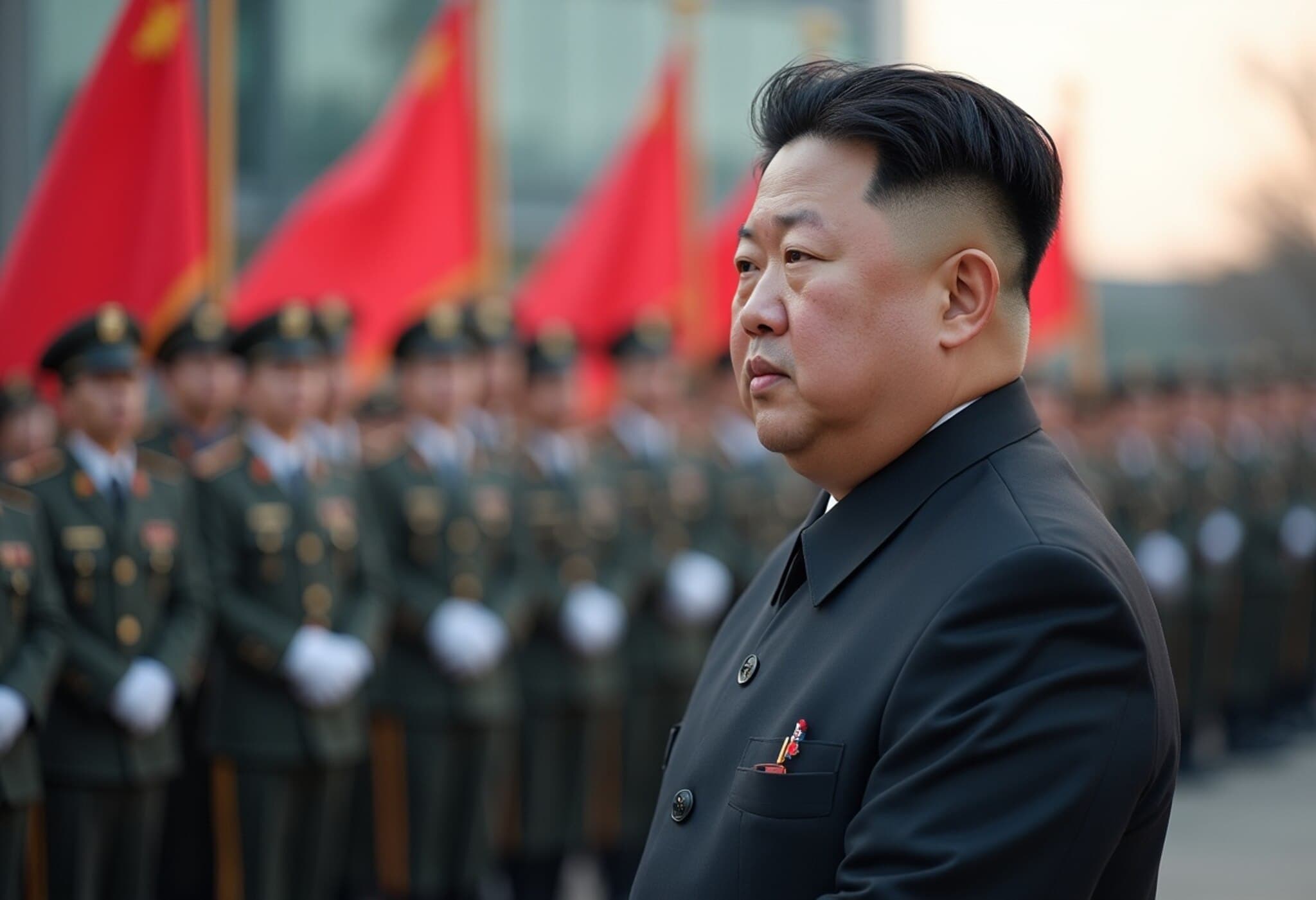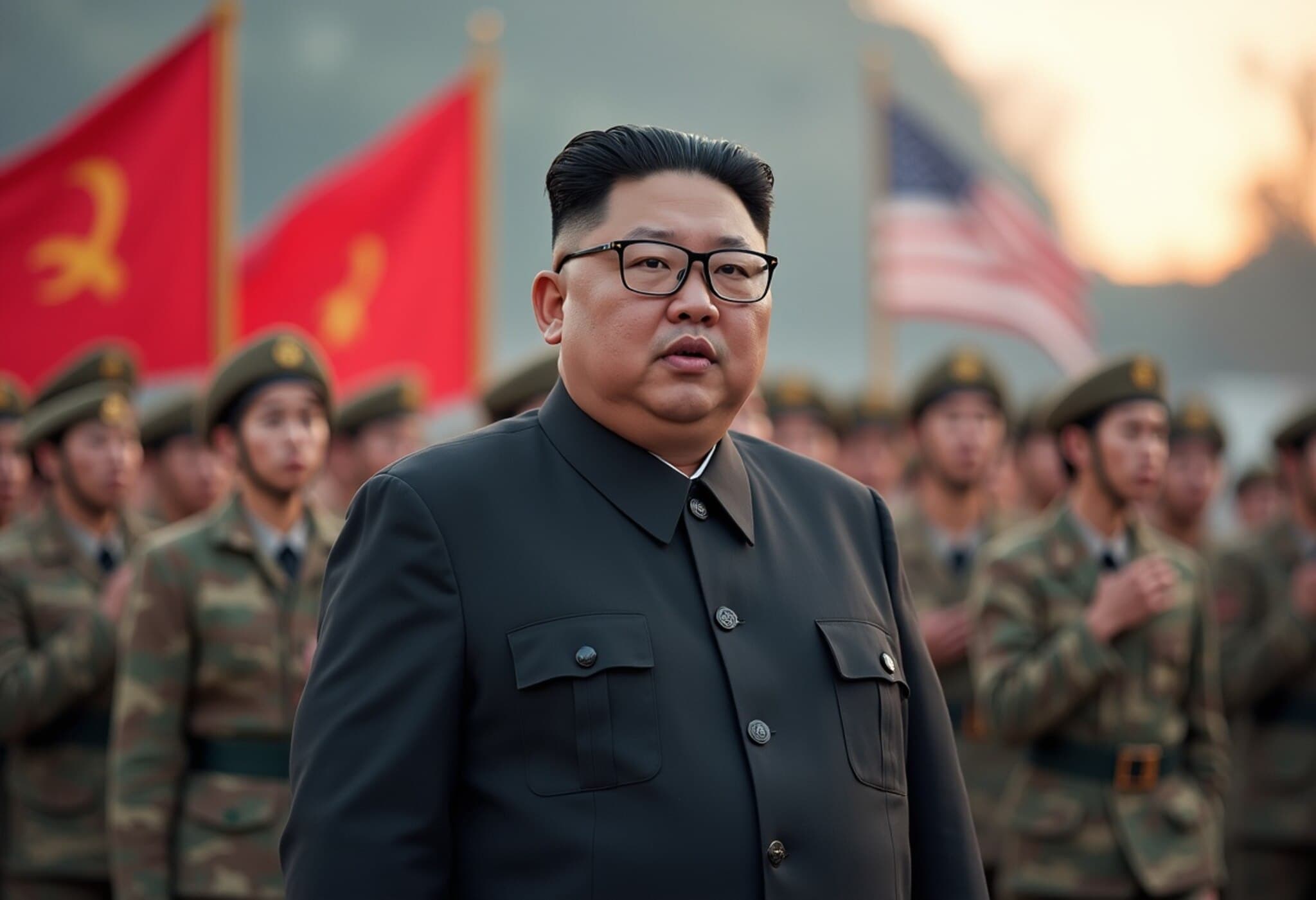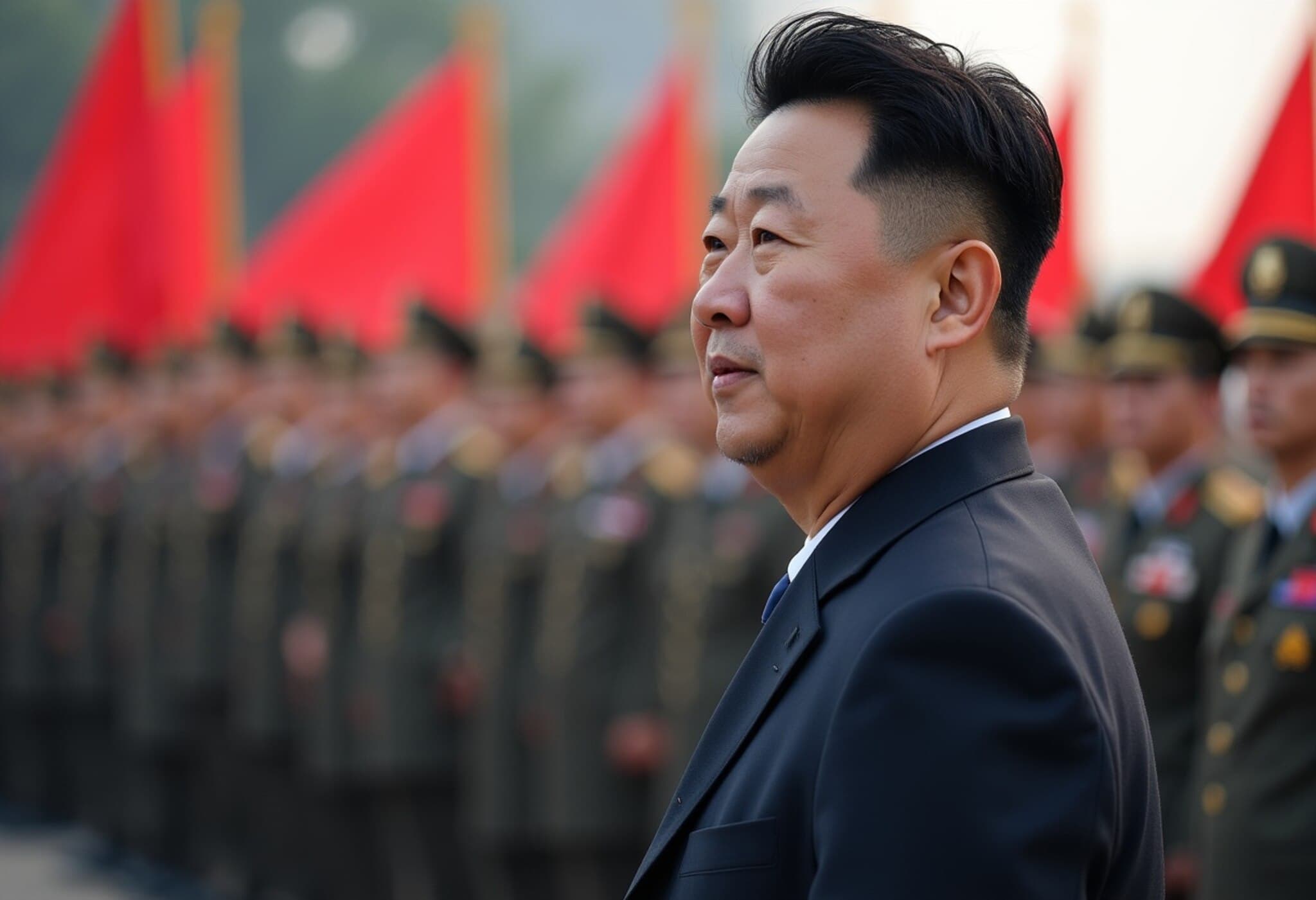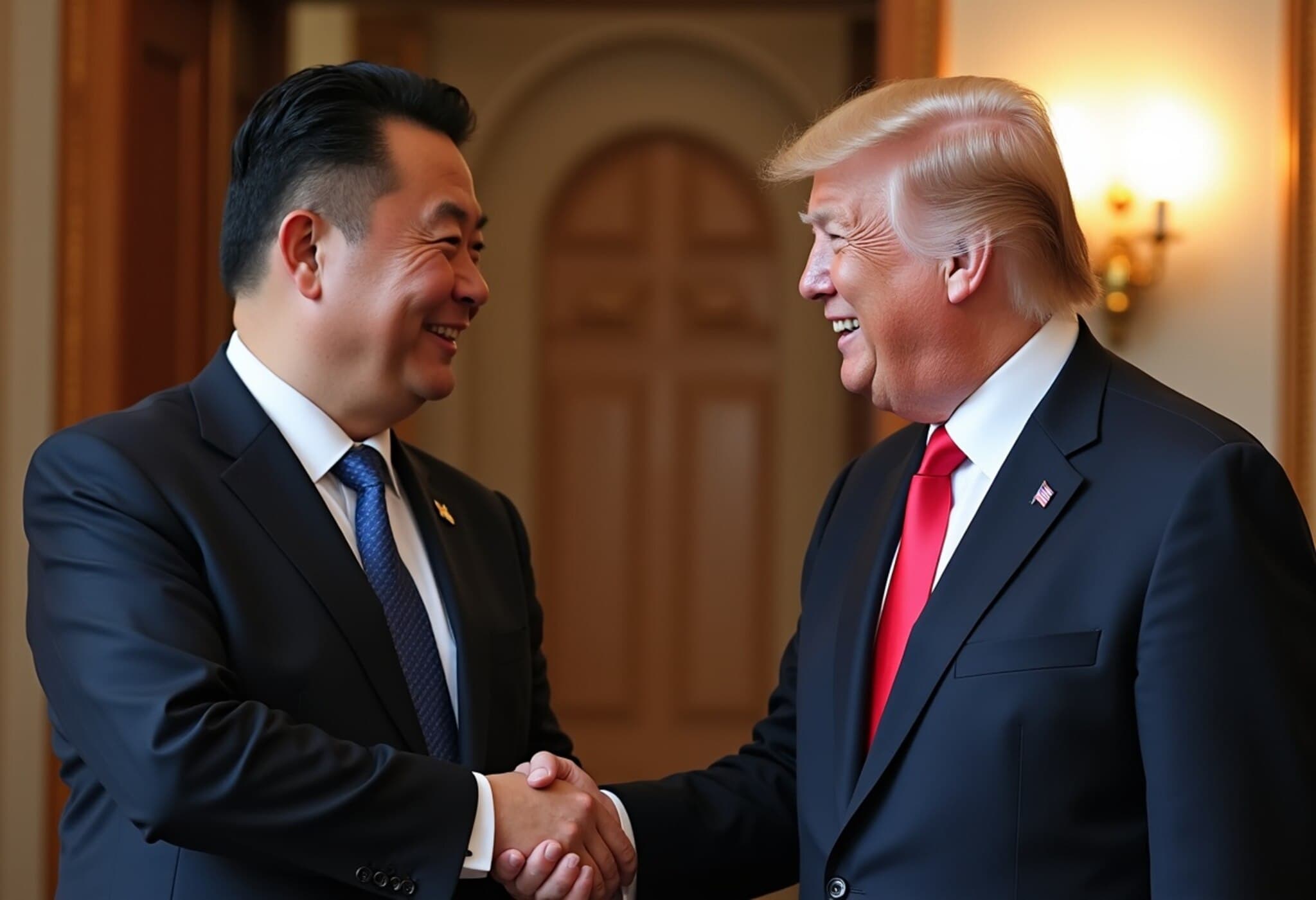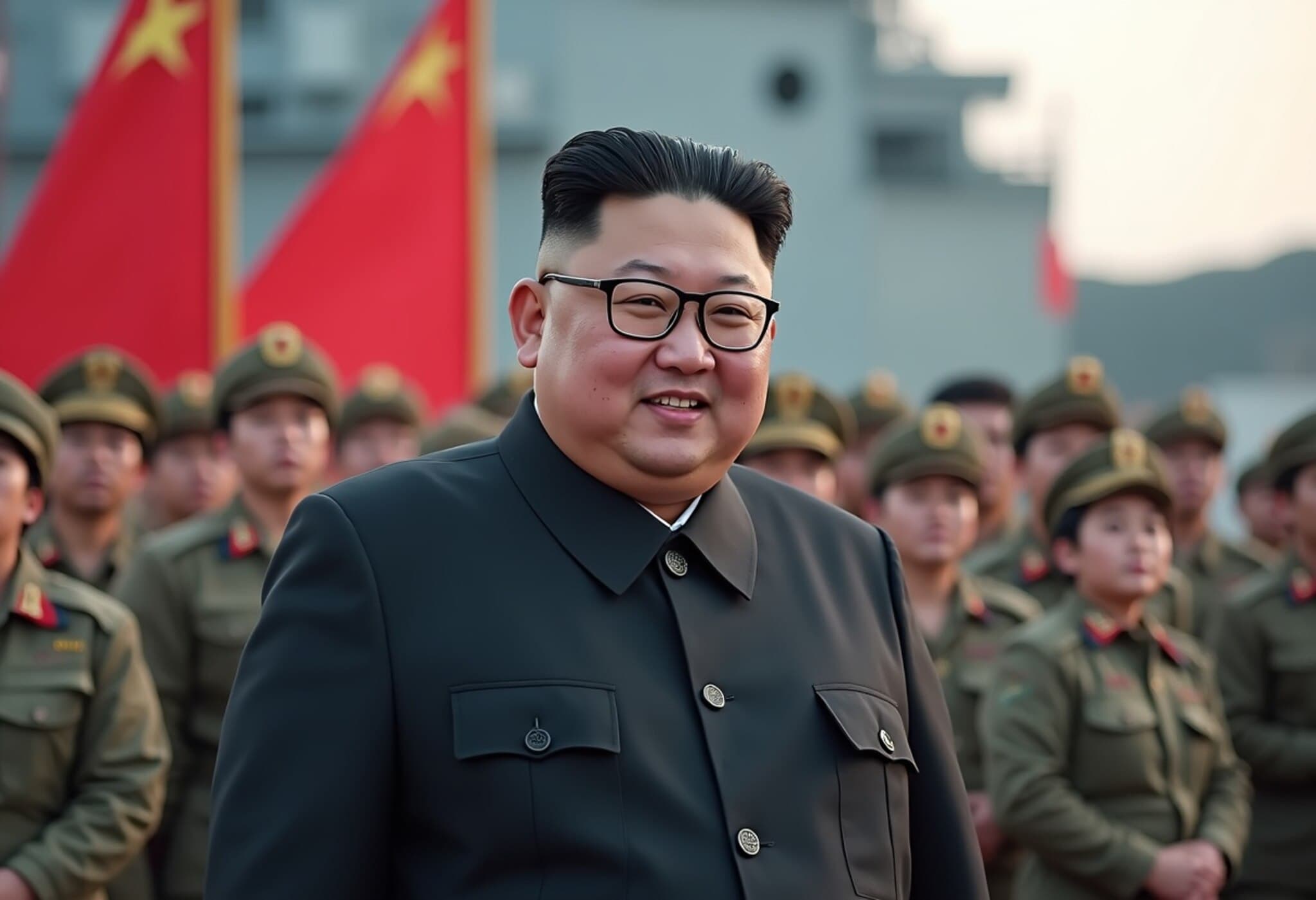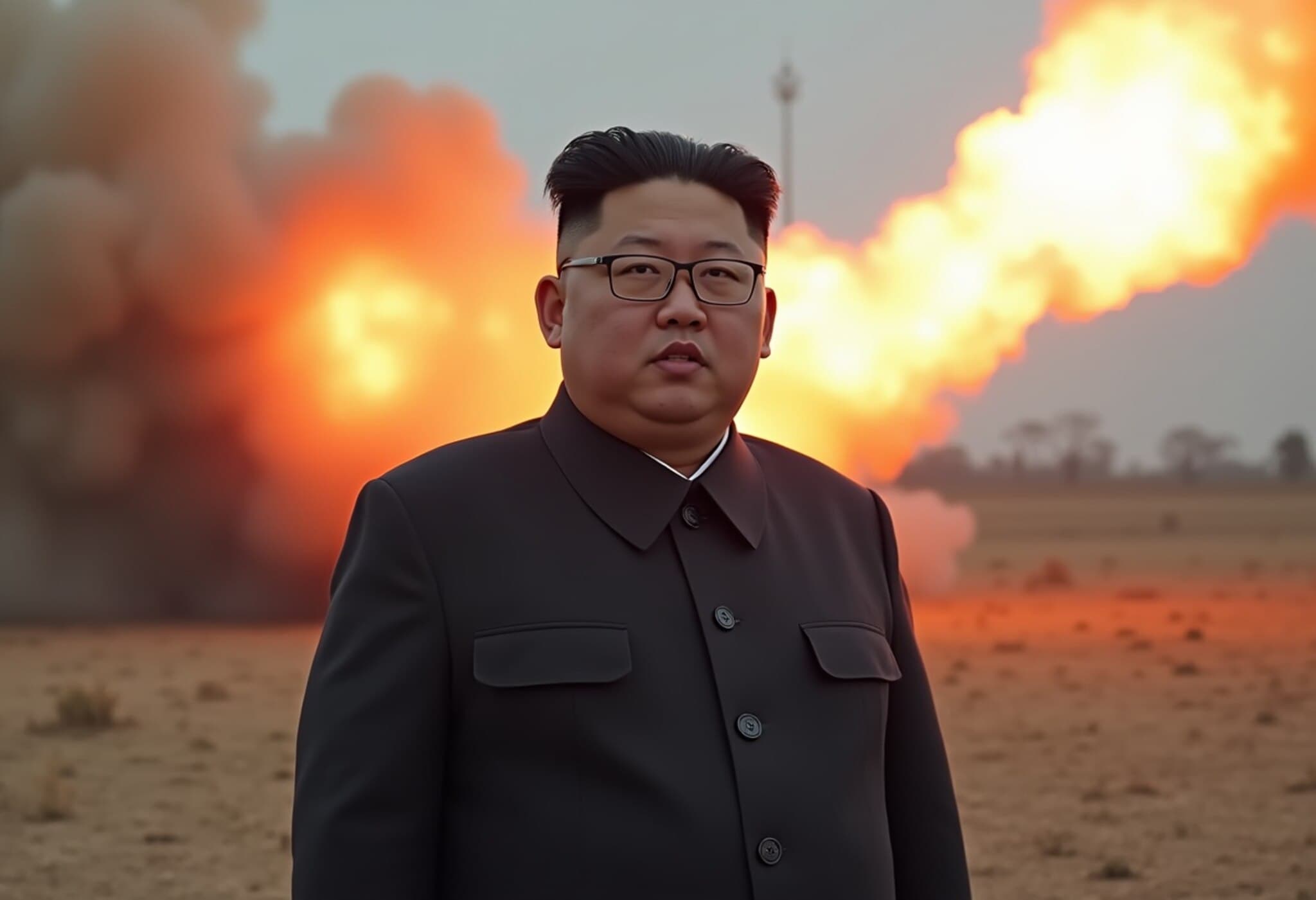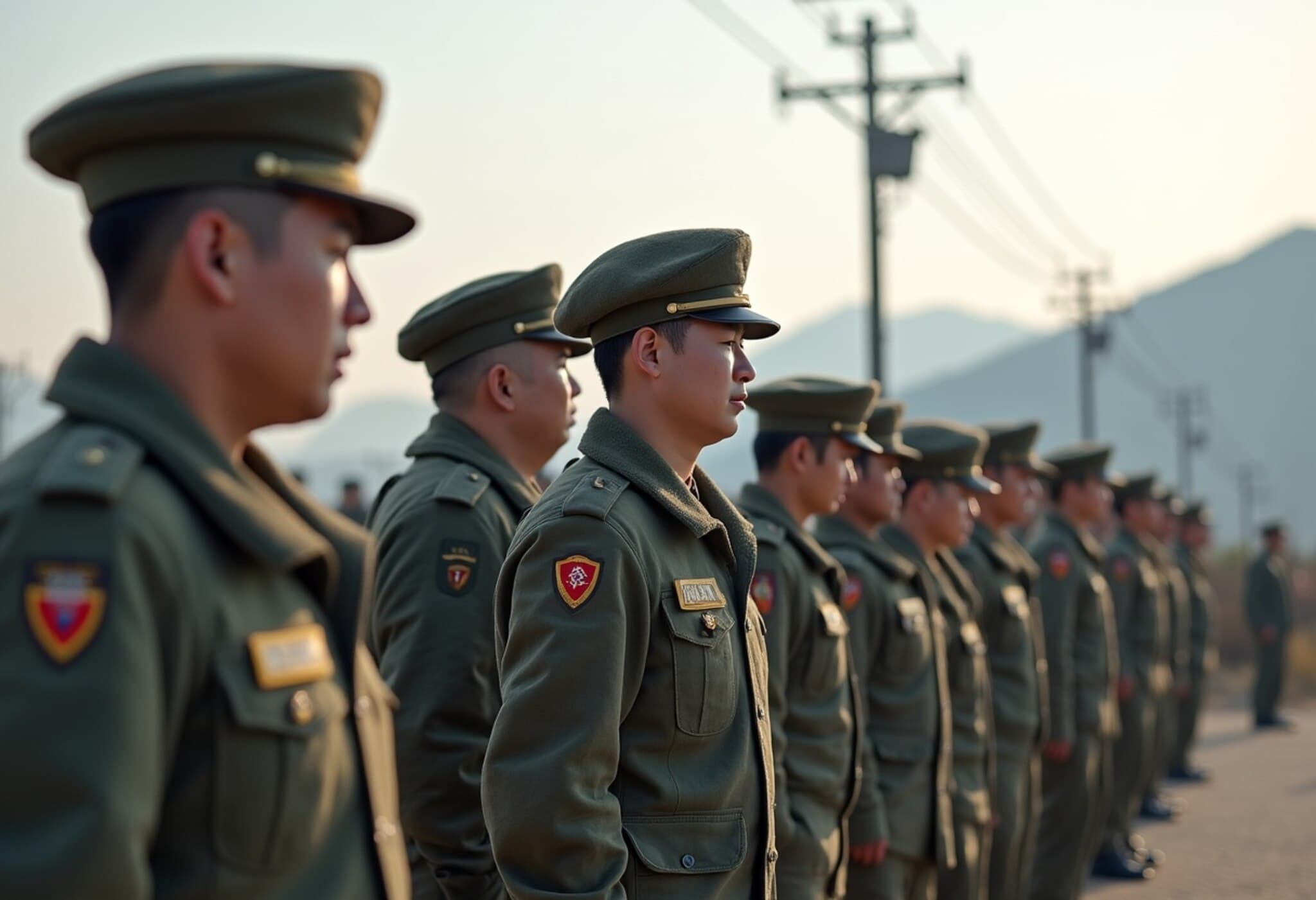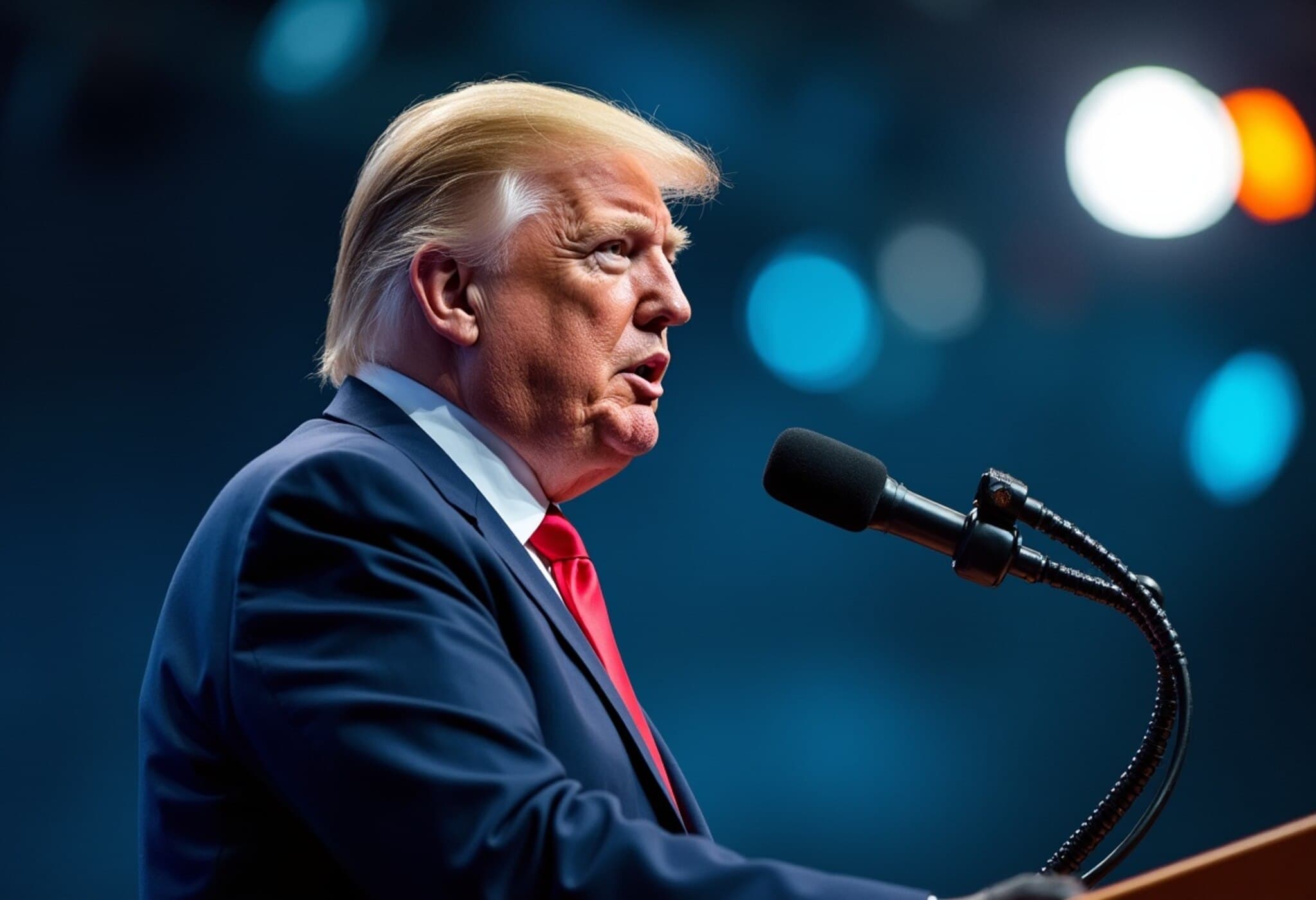North Korea Alleges South Korea Fired Warning Shots Near Border
In a growing display of tension along one of the world's most fortified and fragile borders, North Korea accused South Korean military forces of firing warning shots at its troops near the demilitarized zone (DMZ) on August 20, 2025. The report, broadcast by Pyongyang's state media and citing Army Lieutenant General Ko Jong Chol, has raised fresh alarms over stability on the Korean Peninsula.
The Incident and Pyongyang’s Response
According to the official Korean Central News Agency, South Korean forces discharged more than 10 rounds from a machine gun as North Korean soldiers attempted to permanently seal the border dividing the peninsula. Ko described the act as a “serious provocation” that risks escalating the situation to an “uncontrollable phase,” considering the massive military presence on both sides of the border.
South Korea has not immediately commented or confirmed the firing incident.
Backdrop of Longstanding Hostilities
The Korean Peninsula remains one of the most militarized regions worldwide, with a tense armistice having ended the Korean War in 1953 but no formal peace treaty ever signed, technically leaving the North and South at war. The DMZ remains a heavily surveilled, mined buffer zone, making any military provocation extremely sensitive.
Earlier confrontations this year have included South Korea firing warning shots after a small incursion by North Korean soldiers in April, and North Korea responding with symbolic acts such as blowing up roads and railroad tracks connecting the two Koreas. These moves reflect Pyongyang’s insistence on severing physical ties to the South amid escalating hostilities and diplomatic deadlock.
Shifting Political Winds and Missed Opportunities for Peace
With South Korea’s newly elected President Lee Jae Myung pledging to ease tensions and renew dialogue based on trust, hopes for rapprochement have clashed against Pyongyang’s hardened stance. Kim Jong Un’s sister, Kim Yo Jong, has publicly declared the North has no intention of improving relations with Seoul, despite President Lee’s gestures like halting propaganda broadcasts along the DMZ.
Expert Commentary: Complex Dynamics at Play
Dr. Allison Park, a Korea security analyst at the Center for Strategic Studies, notes, "The firing incident underscores the deep mistrust underpinning these interactions. Despite overtures from Seoul, Pyongyang continues to consolidate its military posture and use symbolic acts to assert sovereignty and project strength. The US-South Korea alliance’s evolving dynamics and North Korea’s strategic calculus around its nuclear program further complicate any thaw."
What Lies Ahead? Navigating Risks and Diplomatic Challenges
- Potential for Miscalculation: With heightened military alerts and heavy troop deployment, any misunderstanding could inadvertently ignite larger conflict.
- Diplomatic Stalemate: Pyongyang’s rejection of engagement complicates regional peace efforts and undermines Seoul’s trust-building initiatives.
- Implications for US Involvement: As Washington remains intimately tied to South Korea’s security, rising tensions affect broader Northeast Asian stability.
- Human Impact: The ongoing militarization and hostility reverberate over millions living on both sides, impeding reunification hopes and affecting families separated by decades.
Summary: The Korean Peninsula’s Precarious Balancing Act
The latest border incident between North and South Korea highlights the fragile nature of peace on the peninsula, where decades-old conflicts continue to simmer beneath the surface. While South Korea’s leadership signals a desire for dialogue, Pyongyang’s military maneuvers and hardline rhetoric serve as stark reminders of how quickly tensions can flare, with the world watching closely.
Editor’s Note
This incident raises critical questions about the enduring challenges in achieving lasting peace on the Korean Peninsula. How can Seoul’s diplomatic overtures overcome Pyongyang’s entrenched distrust? What role should the international community, especially the United States, play in preventing escalation? The human cost behind these geopolitical maneuvers is profound, underscoring the urgent need for sustainable dialogue that addresses security concerns without resorting to provocations.

